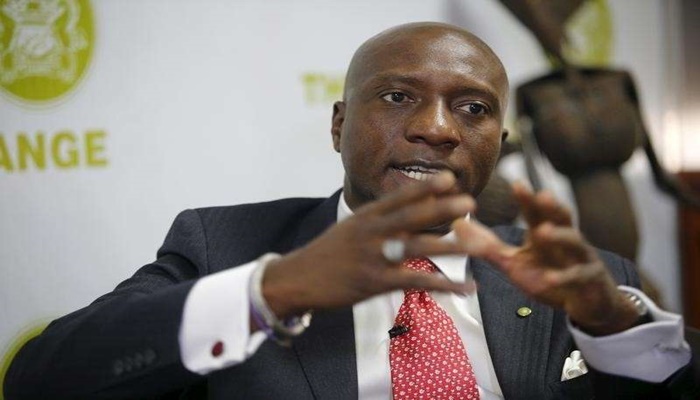
The equities market of the Nigerian Stock Exchange (NSE) inched up marginally by 0.09 per cent in the first half of 2018 over domestic and foreign macro economy uncertainty.
The NSE All-Share Index closed June 2018 at 38,278.55 basis points from 38,243.19 basis points the equities market opened for trading this year.
In terms of value added to investors, the equities market capitalisation appreciated by N247 billion to N 13.866 trillion in June from N13.619 trillion it closed in 2017.
For the first six months of 2018, key market indices considered by Business247News Online recorded marginal growth with exception of Insurance Index that increase significantly by 7.94 per cent in the period under review.
The NSE Banking Index, NSE Industrial Index rose by 0.13 per cent and 1.68 per cent to 476.05 basis points and 2008.7 basis points from 475.44 basis points and 1975.59 basis points while NSE Oil/Gas Index dropped by 2.26 per cent to 323.22basis points from 330.69 basis points.
Meanwhile, NSE Premium Index rose by 6.10 per cent to 2,720.42 basis points from 2,564.13 basis points while NSE Main-Board Index added 0.32 per cent to 1,719.17 basis points from 1,713.69 basis points the equities market opened for trading in 2018.
The Managing Director, Cowry Assets Management Limited, Mr. Johnson Chukwu explained to our correspondent that the nation’s economy is facing domestic and foreign challenges.
According to him, “ The Nigeria economy is facing internal and external challenges. At a moment, Nigeria is facing political risk and foreign investors who are the major participants are not aggressive in the nation’s equities market.
“Also, Investors prefer to trade in fixed income instruments rather than equities market where the yield is attractive.
“Foreign investors pulling out as a result of reforms in monetary policies in Western Countries- The United States Reserves bank and the Bank of England have normalized interest rate which is part of what is discouraging foreign investors to come into the nation’s equities market.”
Reviewing the remaining half year of 2018, he explained that equities market performing would not change but there will be economy stability.
“Second half of 2018 will witness more political activities and we expect the US Federal Reserve to increase interest this year. We will actually see more pressure at the foreign exchange market in H2 which may force Central Bank of Nigeria (CBN) to mop-up and interest on Treasury bill will go up. We don’t expect the equities market to improve unless other activities evolve that are not currently in review,” he explained.
Commenting also, The Managing Director, Enterprises Stockbrokers Limited, Mr. Rotimi Fakayejo attributed the marginal growth in equities market to federal government late passage of 2018 budget and uncertainty that continued to trail 2019 general election.
“Most organization always plan towards federal government budget. They don’t spend until government approved the budget. The election is coming and happening in the western countries are also facing the equities market.
“In addition, our equities market is heavily dependent on foreign investors. Whatever happens that affect their portfolio within and outside the country will definitely bring the equities market down.
“I do not foresee anything happening to the equities market this year, he explained.
Nigerian equities had ranked within the top 10 best-performing equities markets globally in 2017 with average full-year return of 42.30 per cent, equivalent to net capital gain of about N4.36 trillion.
The ASI, which also doubles as Nigeria’s sovereign equities index, had opened 2017 at 26,874.62 basis points and closed the year at a high of 38,243.19 basis points.
Hitherto, the equities market had gained N1.38 trillion in first three months of 2018 as price of blue-chip companies appreciated over stability in foreign exchange market.
The market capitalisation of the Exchange opened trading this year at N13.609 trillion to close on March 28 at N14.993 trillion, an increase of about N1.38 trillion or 10.2 per cent.






